It’s Friday 13th, but not for us any superstitious bad luck. Today, as you may remember is couscous day everywhere in Morocco so we place our order with Ahmad, the campsite owner, for a chicken couscous for lunch and make an arrangement with him to take us for an afternoon walk through his date palm plantation.
Tables and chairs are laid out under the date palms and steaming tagines of couscous are laid in the centre for us to share, everyone in the campsite gathered at the tables. The lids are raised to reveal fragrant piles of couscous and vegetables, the chicken tucked into the centre. We spent a lovely, lazy hour in the shade eating, chatting, eating some more and finally sated, push our chairs away and relax in the shade
Ahmad arrives and knocks gently on our door as we’re just shaking our afternoon sleep off and pulling our boots on. Ahmad’s little bit of English mixed with our small grasp of French, some charades and a bit of help from Google Translate fills the afternoon with fun facts and a lot of laughter. The land that Ahmad and his family own had originally started out with a few date palms scattered about on the land, there by virtue of luck and camel caravans of traders from far in the east discarding date pips on the ground. But it’s now covered in over a thousand date palms, interspersed with olive trees, as they have learned the value of cultivating the land and trees.
So here are the fun facts: Date palms are trees that grow as both male and female. Each year in January, Ahmad personally climbs each and every male palm to harvest the pollen and then climbs each and every female date palm to manually pollinate each and every tree – a mammoth task. Dates grow only on the female palms. Over 160 tonnes of dates are harvested each year in October throughout Morocco, with not a single international export! In fact, they still import another 30-50 tonnes into Morocco each year mainly from Tunisia. There are over 400 varieties of dates grouped roughly by eating dates (the Medjool being the king of dates) through to dates suitable for only for processing into jams and confiture by the local ladies in the co-ops. According to Quranic teachings, man can survive on dates and a glass of milk. Besides containing carbohydrates, protein and unsaturated fatty acids, dates contain 15 essential salts and minerals, amongst those potassium and 23 types of amino acids that no other fruit contains. The only thing lacking in this superfood that we need to higher quantities is calcium, hence the glass of milk! Dates and milk are regularly used during Ramadan at Iftar (breaking the fast) at sunset to quickly replenish the body with energy and sustenance after a long day of fasting. We did not know that!
The one thing that has struck us whilst visiting Morocco, is how industrious the Moroccans are. And this carries through to the date palms as well. Nothing, and I mean nothing is wasted. Once the dates are harvested, the leaves are cut back and these passed on to the co-ops where grass mats, plates and baskets are woven from them (more about these later). The husk type vegetation found at the base of each palm leaf is rolled and woven together and used to make lightweight rope and handles for baskets. If a palm is cut down, it is cut into quarters and dried and these used for rafters in houses and those not strong enough to hold a house up, are lashed together to make small bridges passing over the maze of irrigation ditches. And finally the root bole is then fashioned into chairs.
| Not. A. Single. Scrap. Wasted. |
The 3 km walk (at this stage) then took us through an abandoned village – there seem to be a few of these dotted everywhere around Morocco. Except this one wasn’t as abandoned as we thought, as people had moved in and were starting to inhabit the houses again with the addition makeshift electricity cables draped along the dark passages providing light and power to those in need. Not a single meter to be seen, but it was coming from somewhere! And in the abandoned houses, now being injected with life again, water is still drawn from a well! Yes, we are drinking directly from it!! And no, we didn’t get sick!
Then on to the olive press, at the moment looking abandoned as this work is only due to start up again in January at harvest time. A grass mat from last harvest lying on the floor and testament to the woven palm leaves. And a truly remarkable sight of an olive press still in use today, powered by donkeys but more surprisingly an exact replica of those we saw in Volubilis and in use over 2000 years ago. #MindBlown
The olive meat once crushed is placed between the woven palm leaf mats and manually pressed together under a hand-wound stone and the unfiltered olive oil gathered and bottled. The left over dark, almost black, thick, sludgy, tarry olive oil is used to bolster animal feed and the now dry paste of olives packed into blocks (a bit like brickettes) for burning. Once the tree dies, the olive wood is used for burning or made into fantastic charcoal. Nothing wasted.
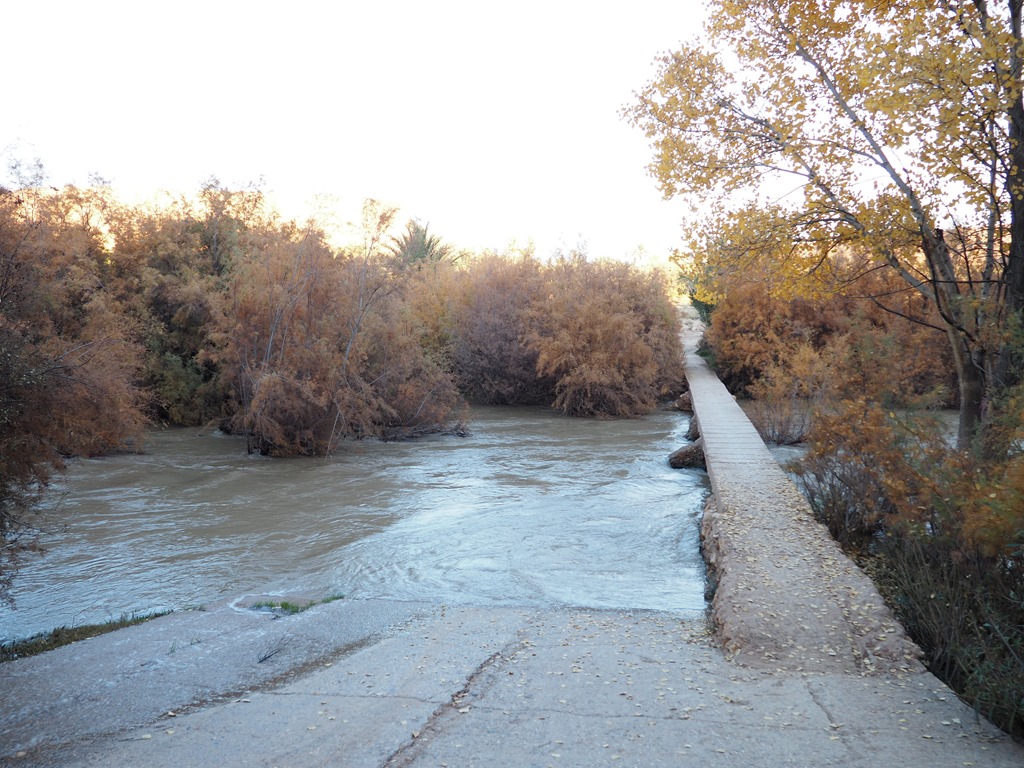
and the maze of irrigation ditches
Finally our last stop at around 6km, as the sun is dropping lower in the sky and lighting up the hills behind us, we were invited into Ahmad’s house to meet his wife, children and extended family of bother, sisters (and their spouses and children), aunts, uncles and granny all living together in a cohesive group. All with a role whether it be working on the palmeria, the campsite, in an office or looking after the children, no-one is left alone or without food and shelter and everyone is loved. We, in the UK, have long left this behind for nuclear family units. I love the idea of extended family living where everyone is in a small way responsible for taking care of everyone else, no-one abandoned or burdened. But maybe we have been living too insular a life for too long and this must remain a dream rather than reality. It makes you take a step back and think though.
After a bit of dressing up (for some of us!), berber tea and some snacks, the sunset had well and truly set as the black night enveloped the surrounding countryside. Not a time to be walking back to Kaya. So Ahmed’s brother squished us all up into his ancient Renault 2, single spotlight on the bonnet switched on for our only source of light and we bounced and laughed our way, springs squeaking, gears crashing, at one time almost airborne, back to the campsite over the rutted, unpaved roads.
As we arrived back into the campsite, a Whatsapp message arrived on our phones and simultaneously pinged through the message that we are proud grandparents, Oupa & Ouma, to a new baby boy, Zaine, born to our son Cameron, his partner, Vikki (all HER fantastic work I hasten to add!!!) and our granddaughter, Malia. Making his late entry into the world at 17:06 and at 7lb10oz.
Memories are made of days like this.
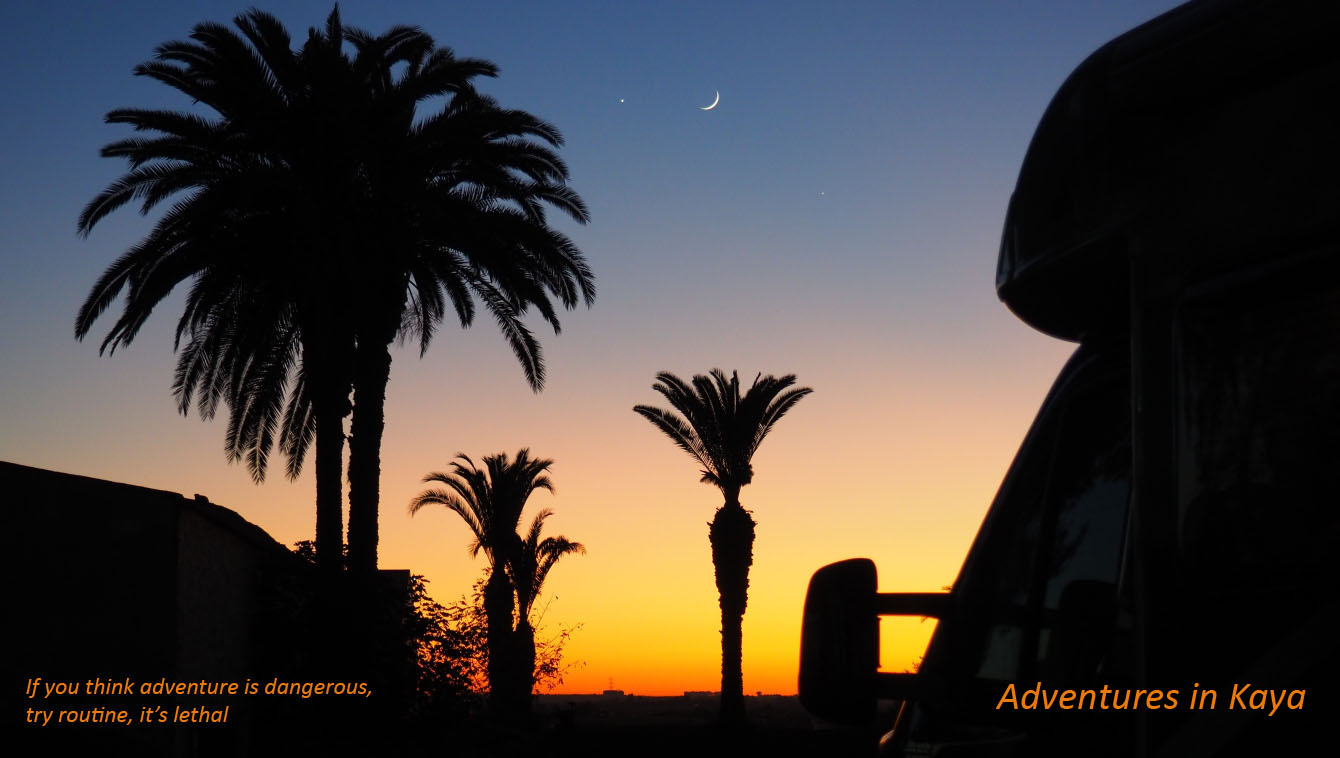
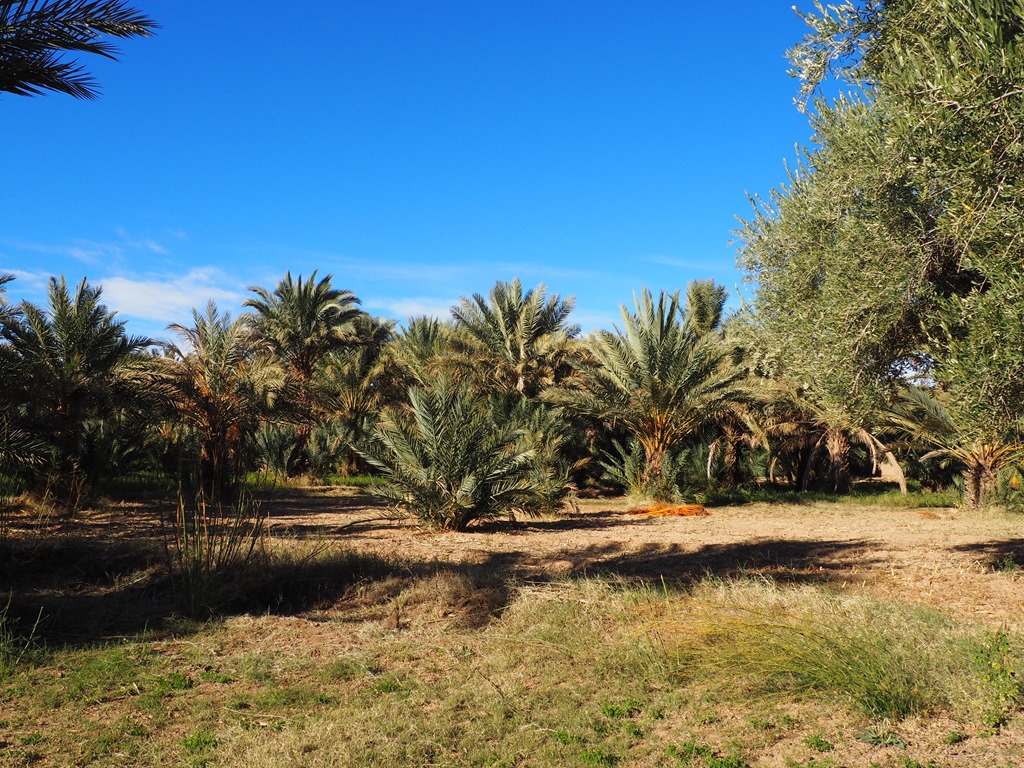
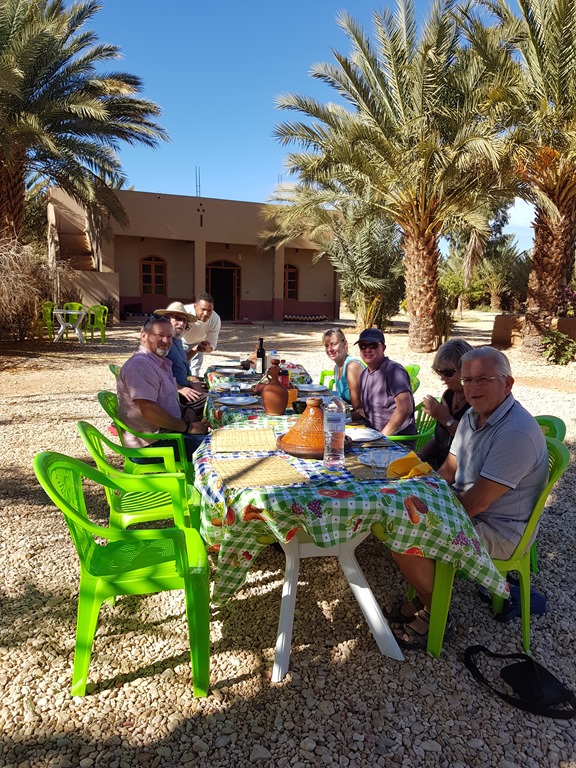
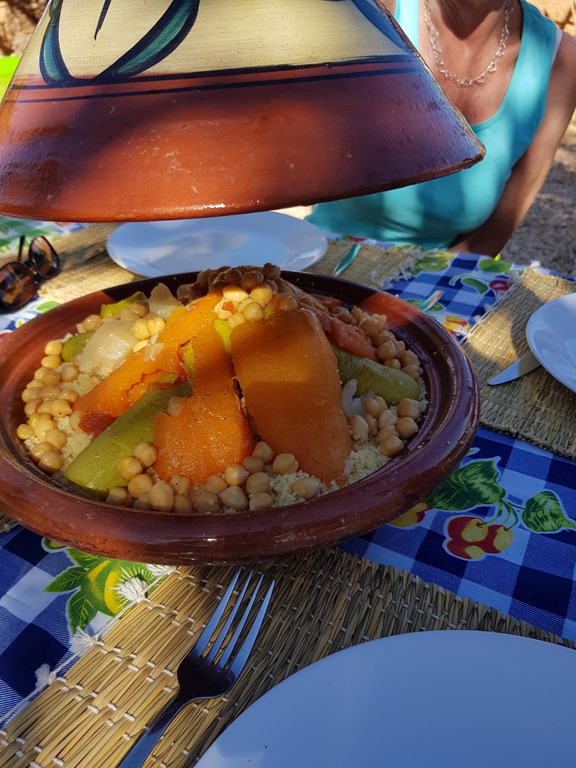
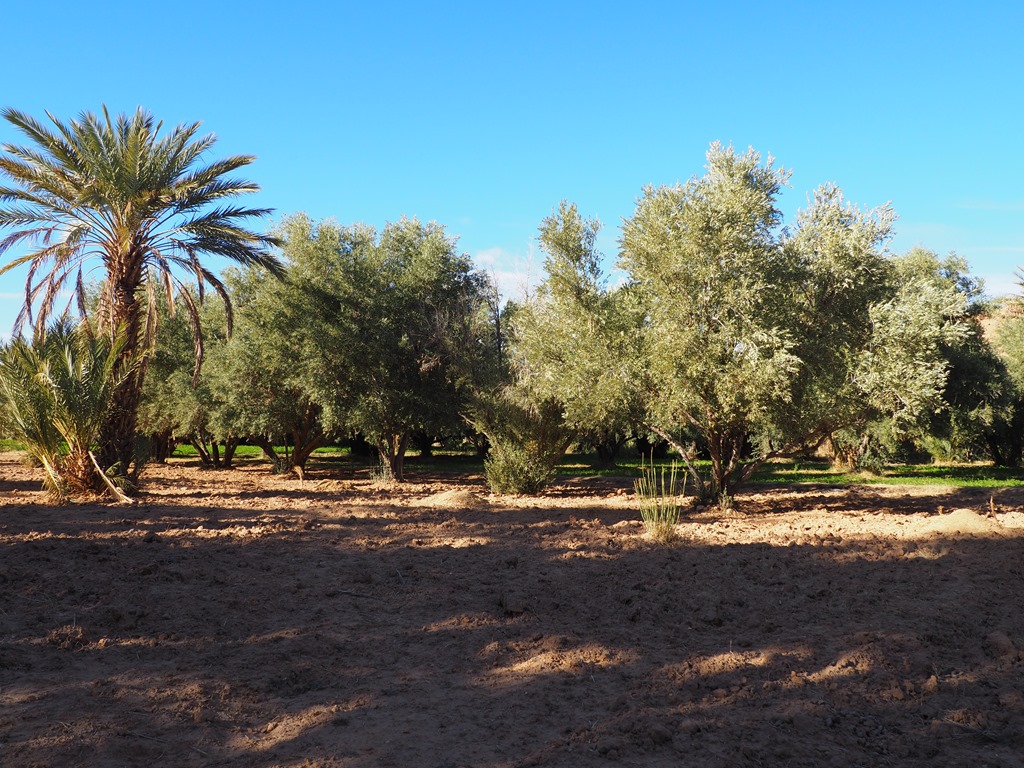
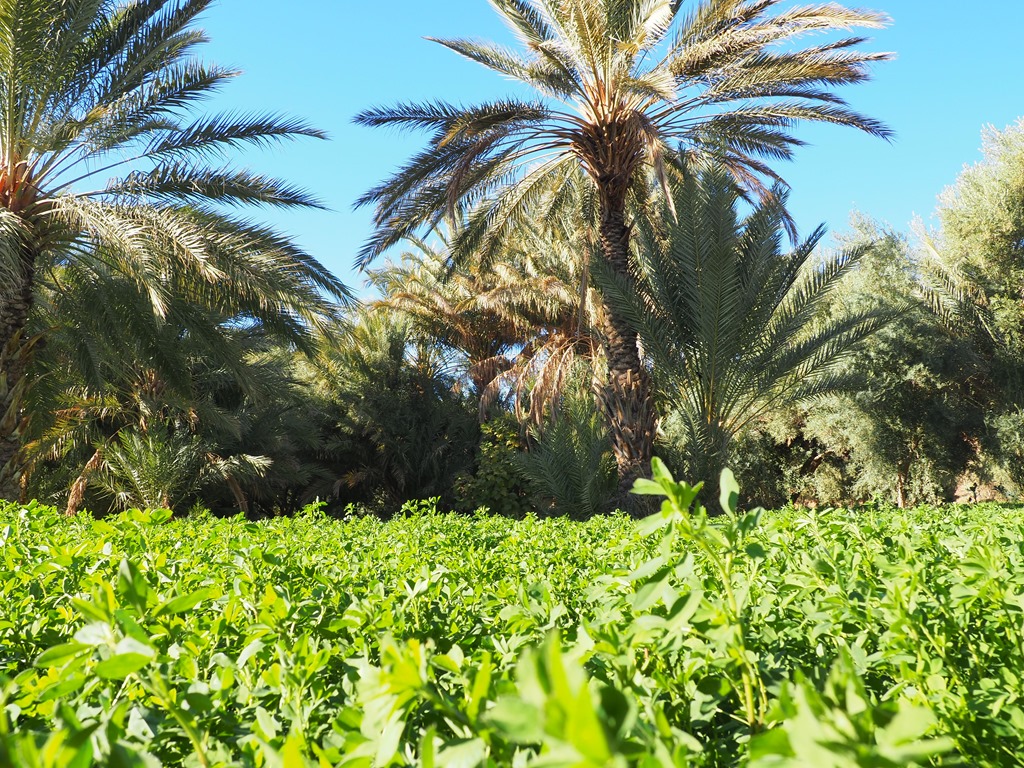
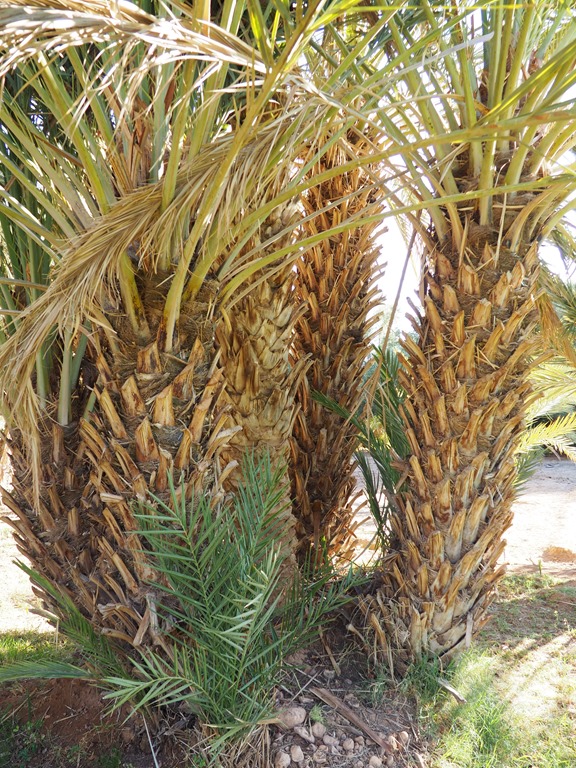

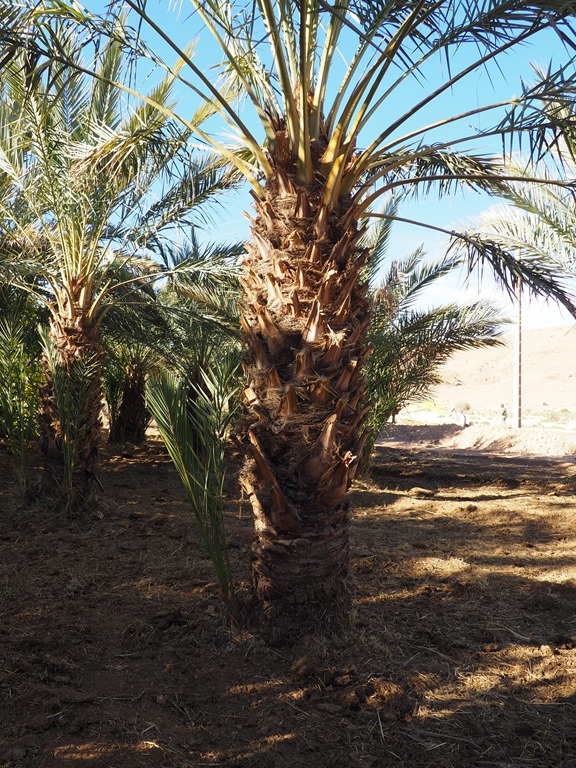
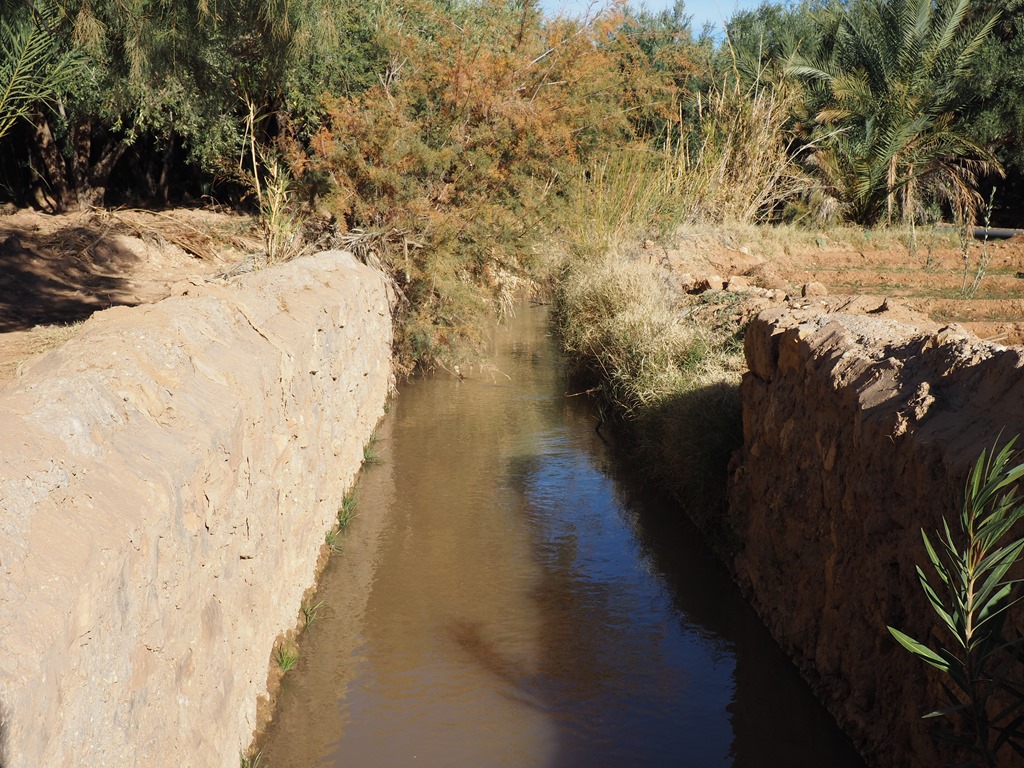
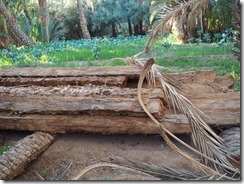
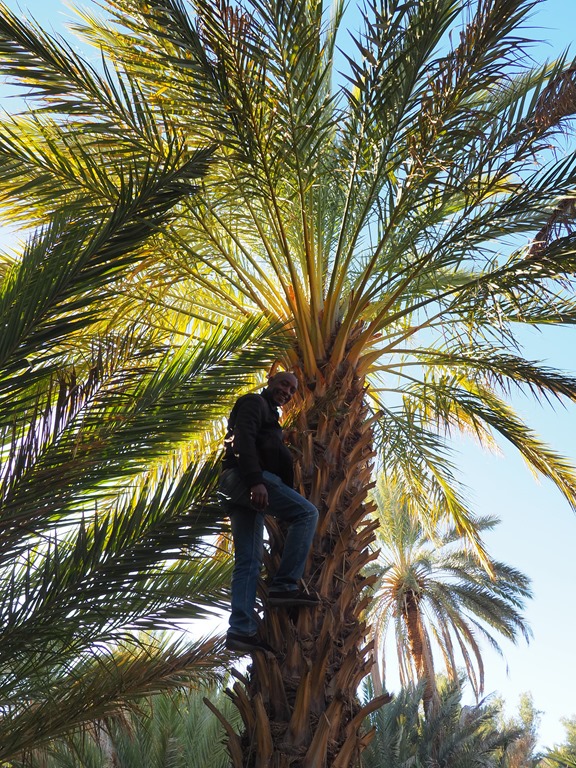
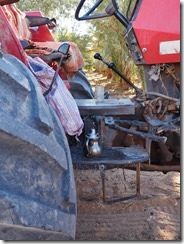

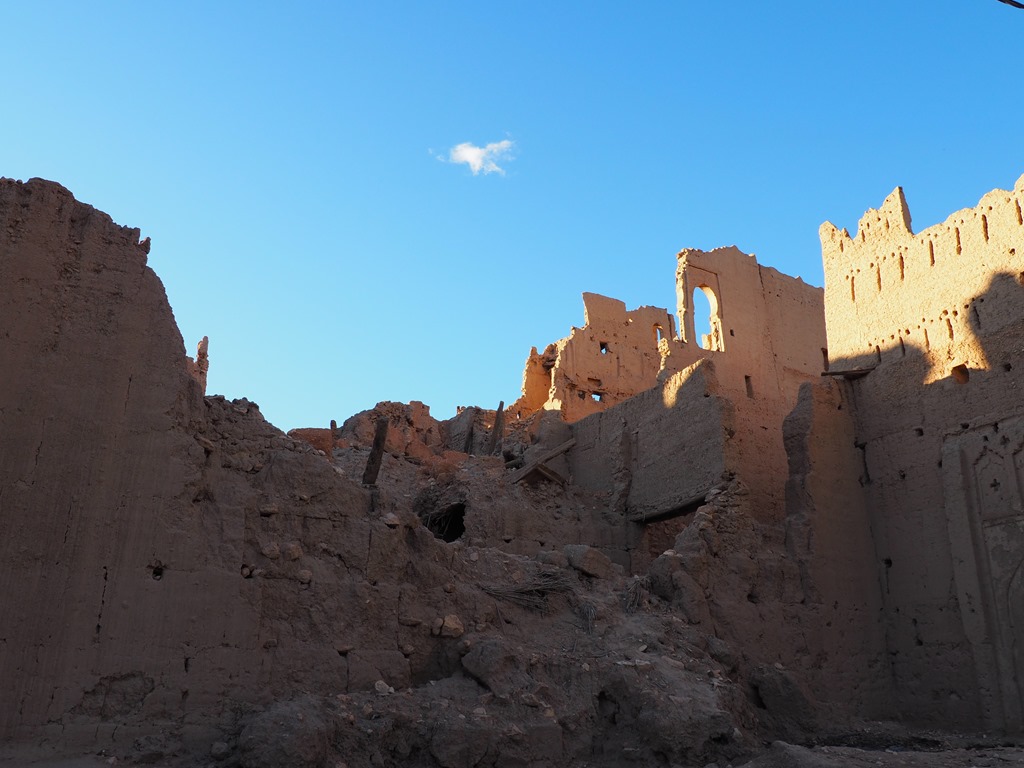
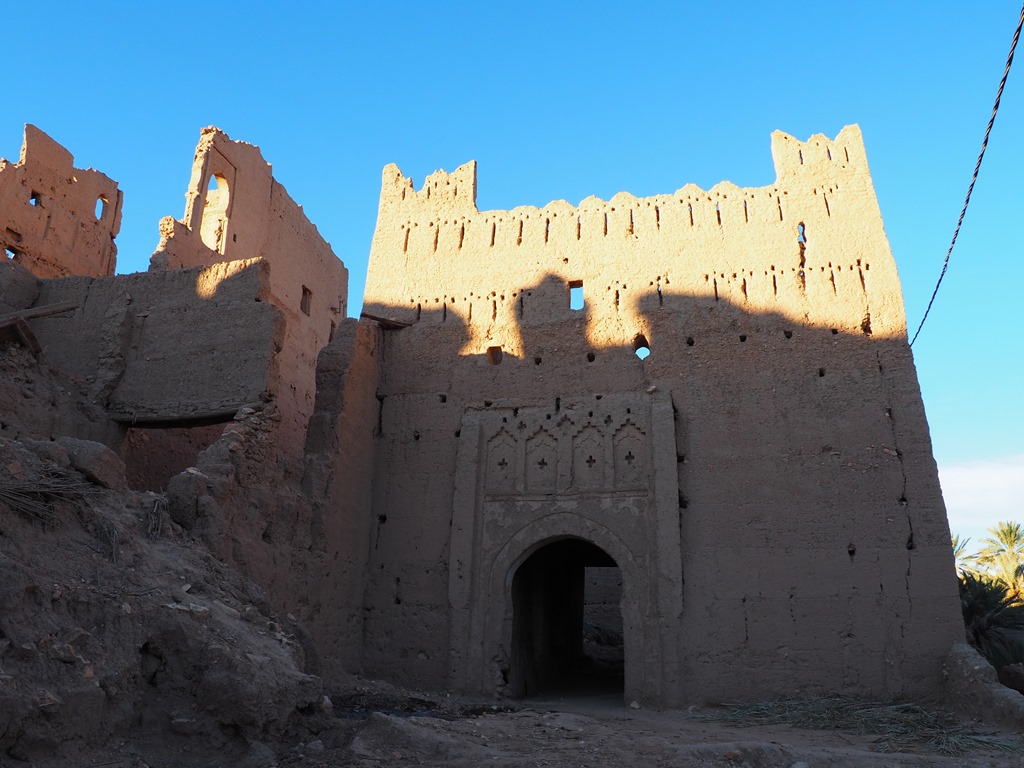
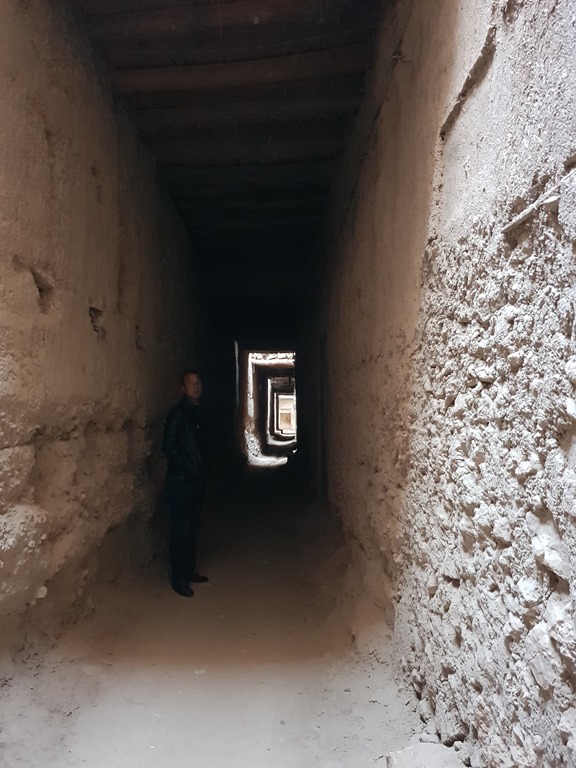
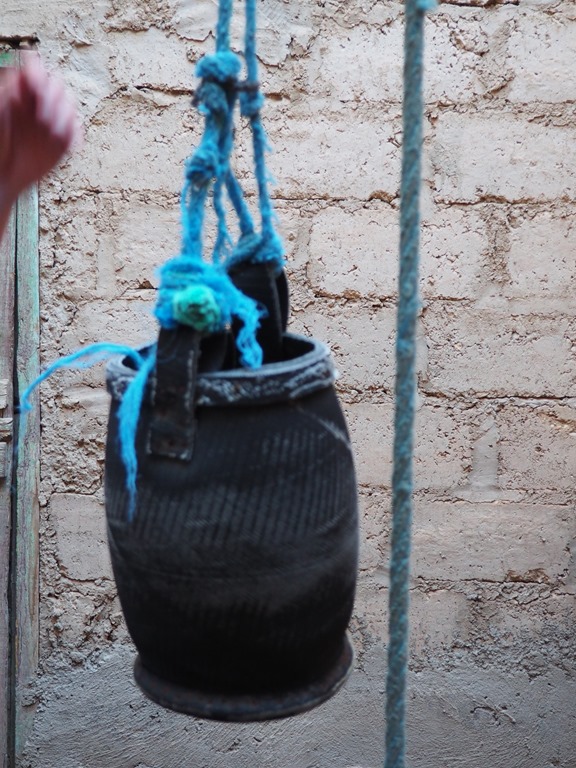
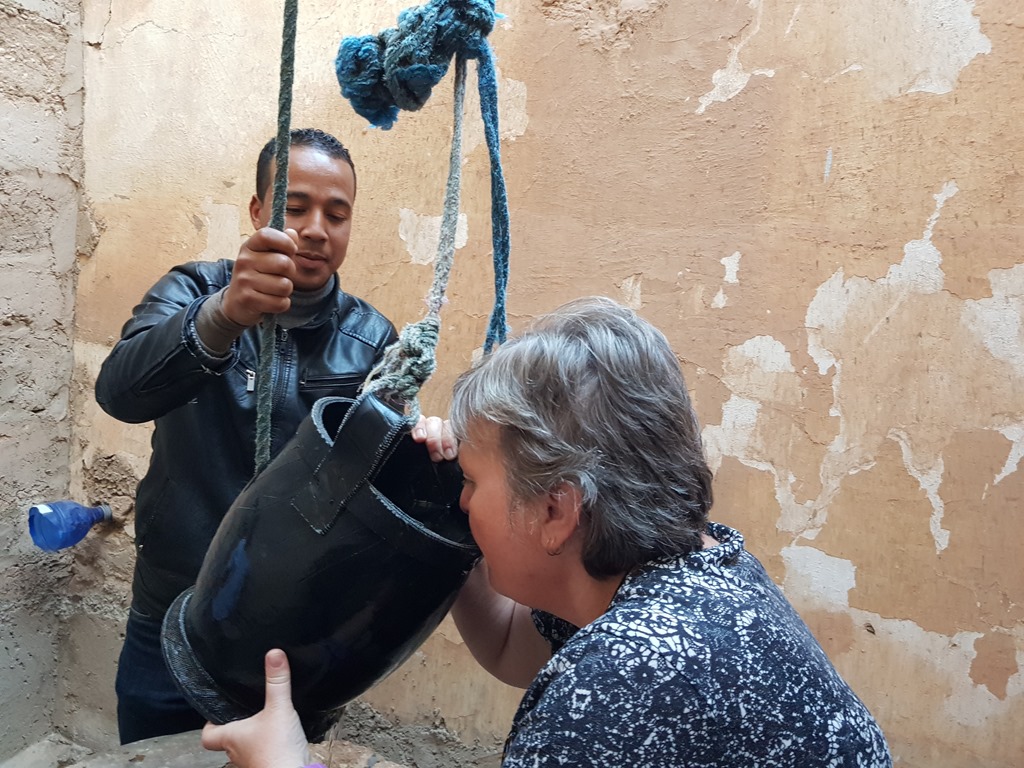

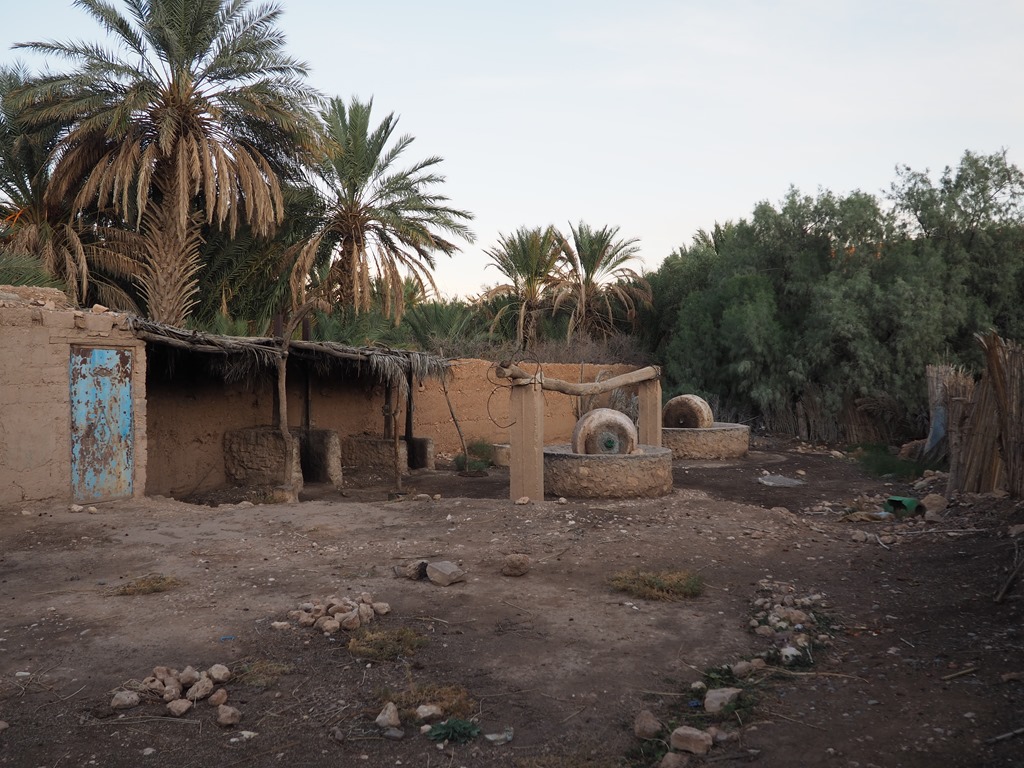
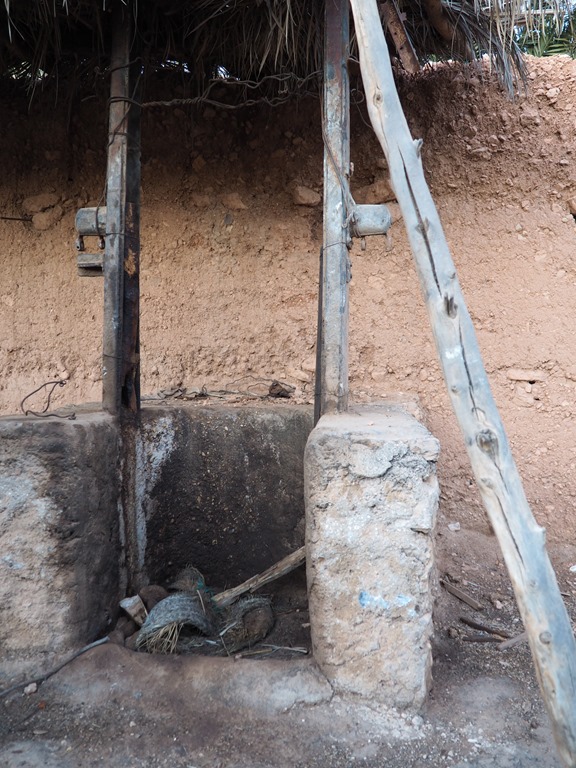
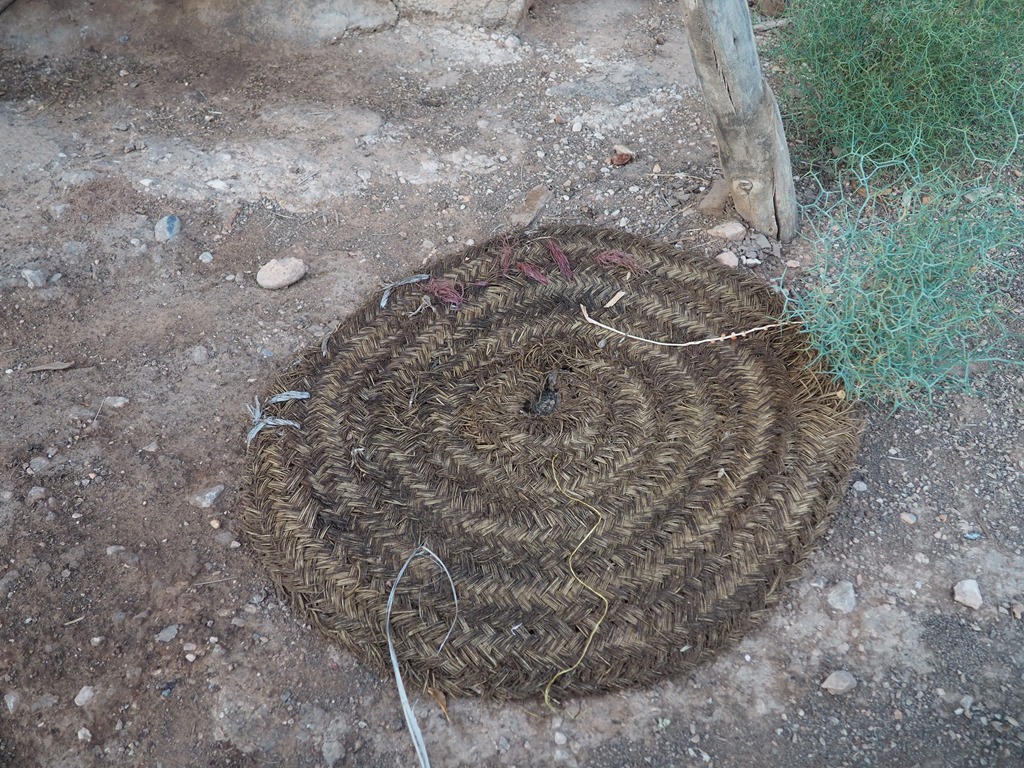


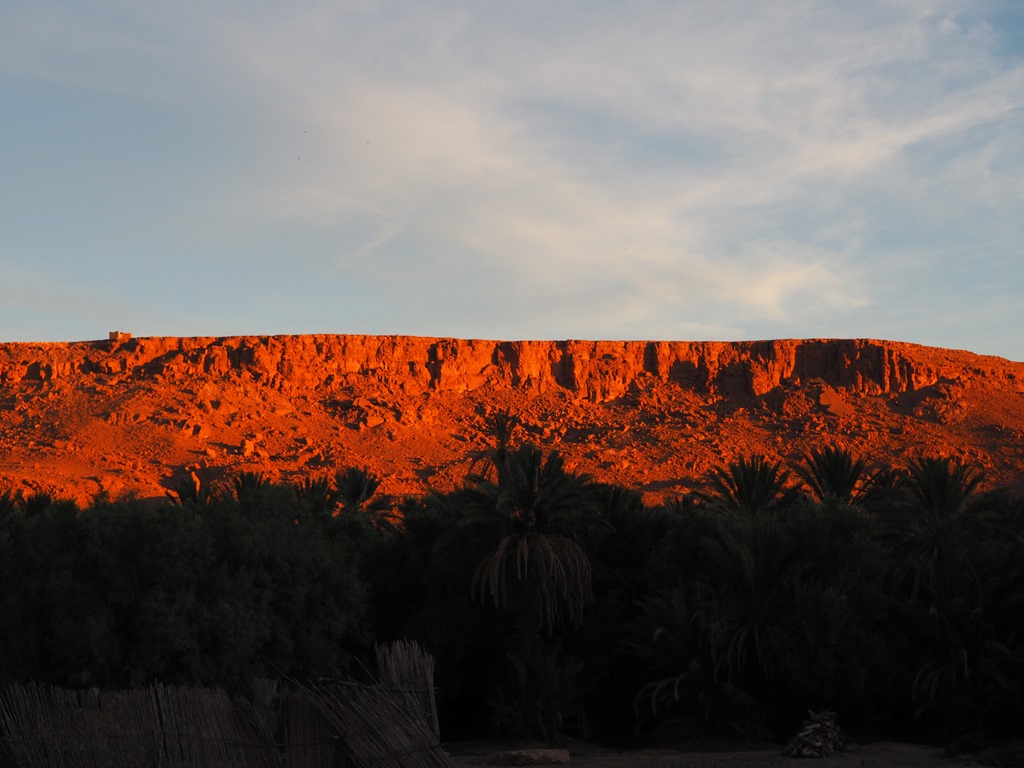
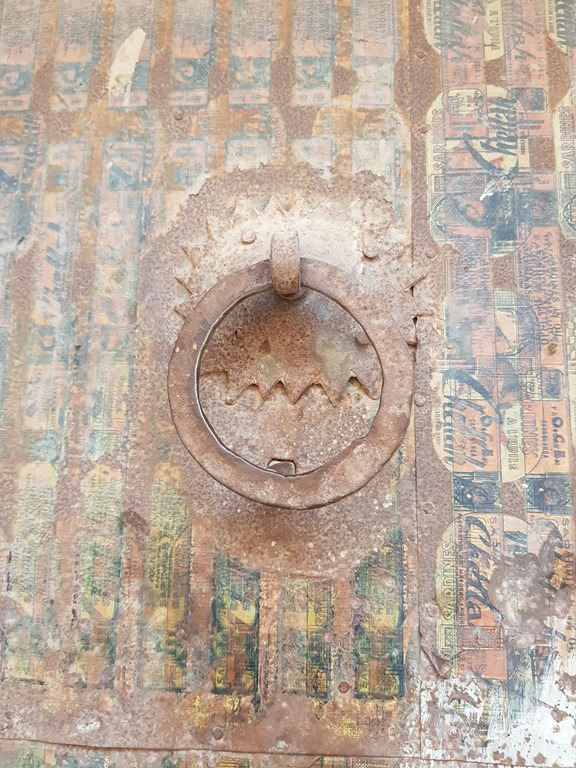
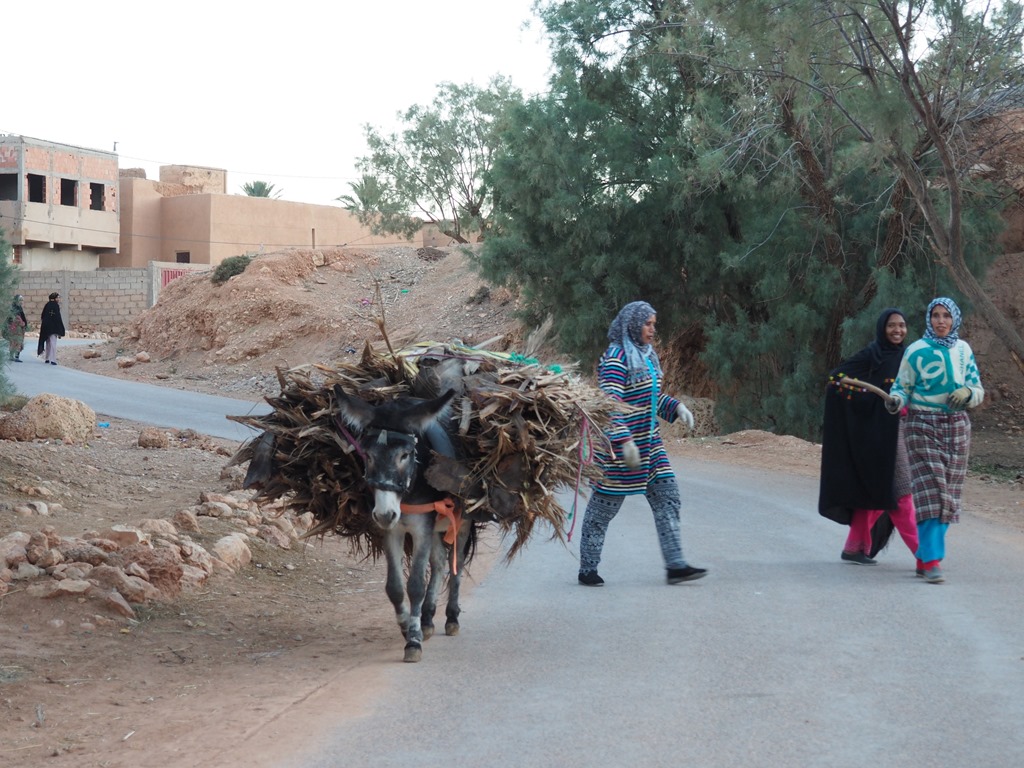
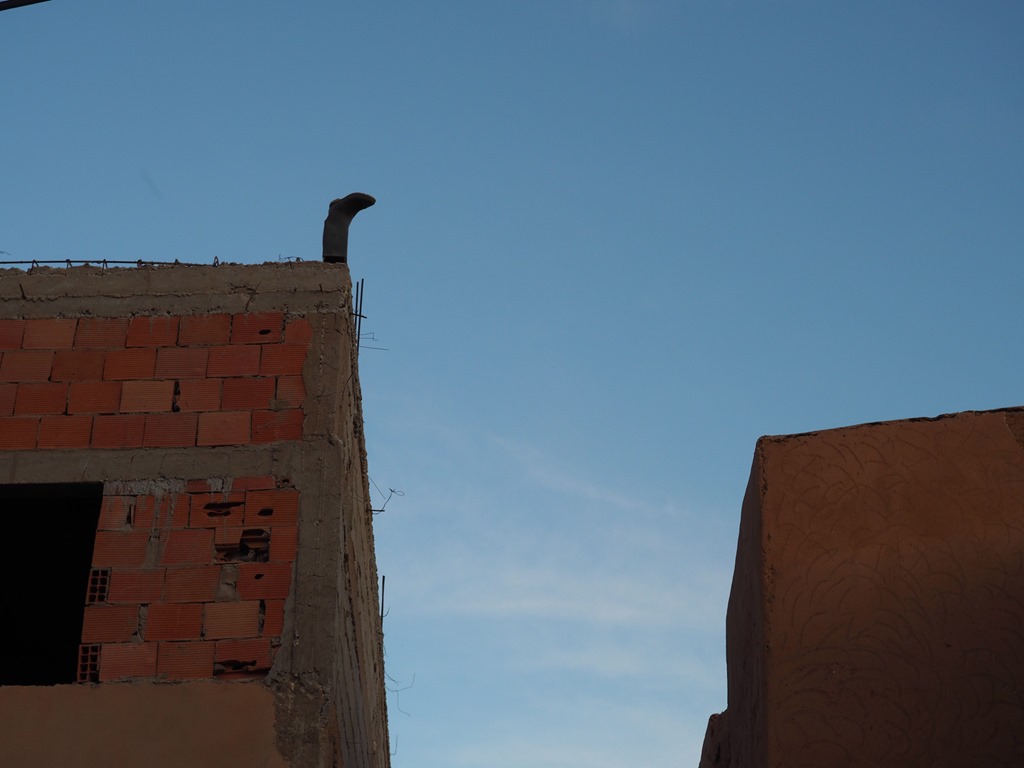
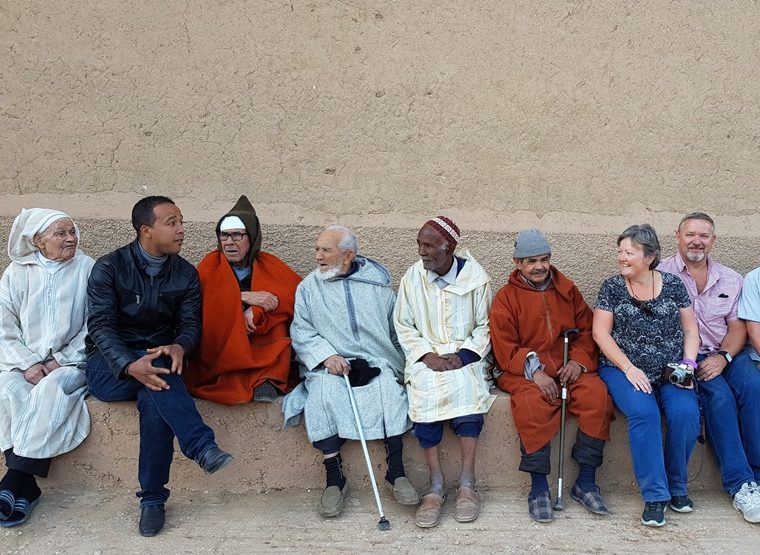
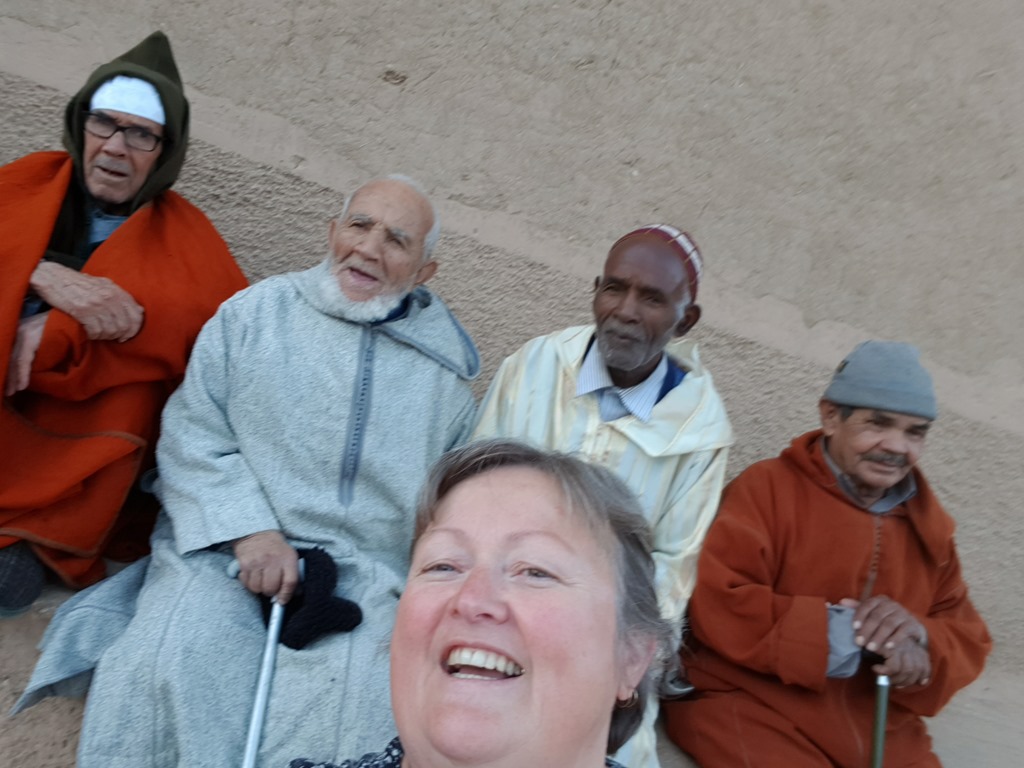
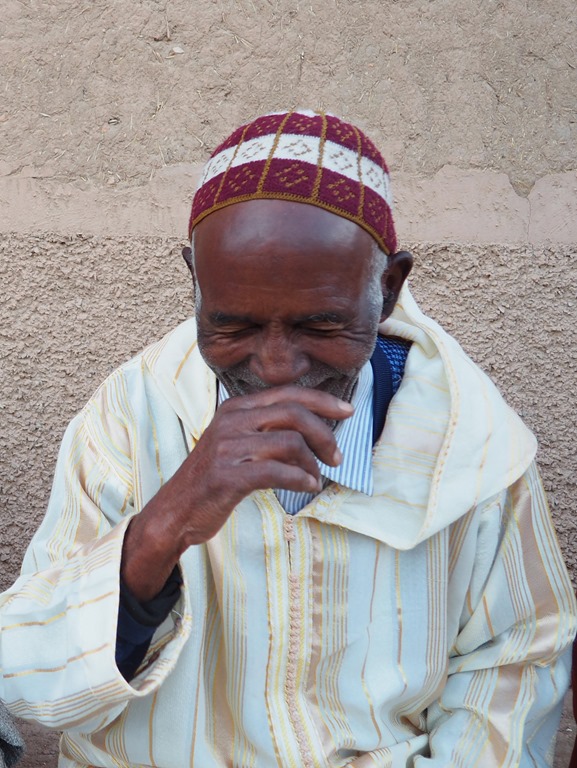
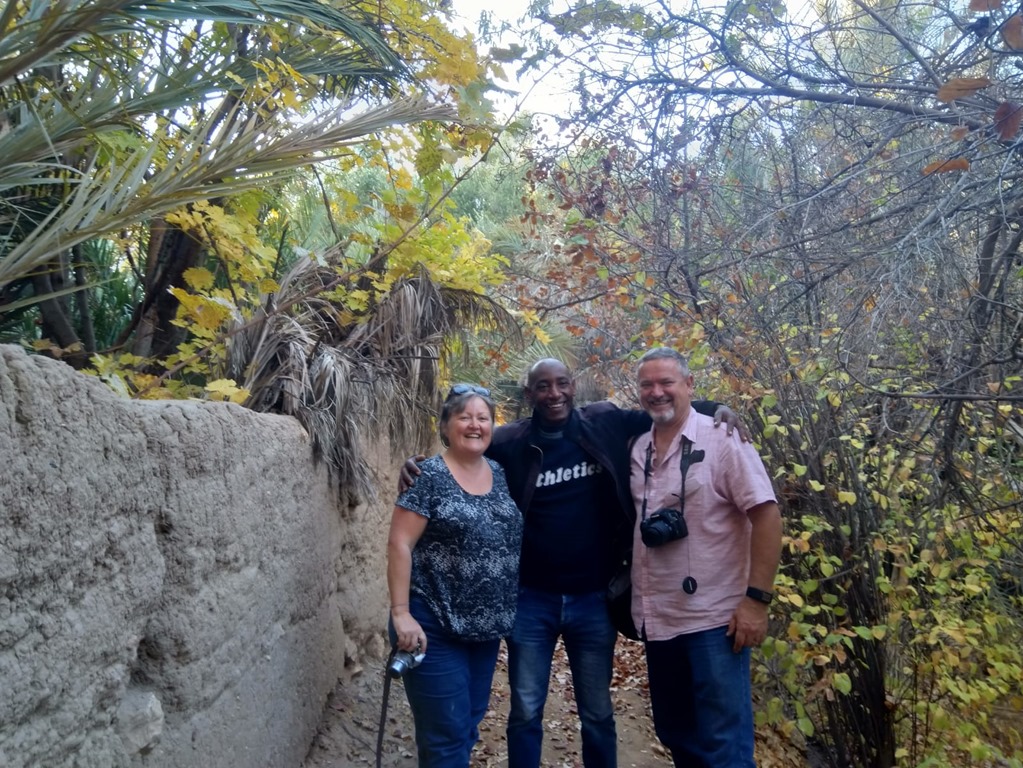
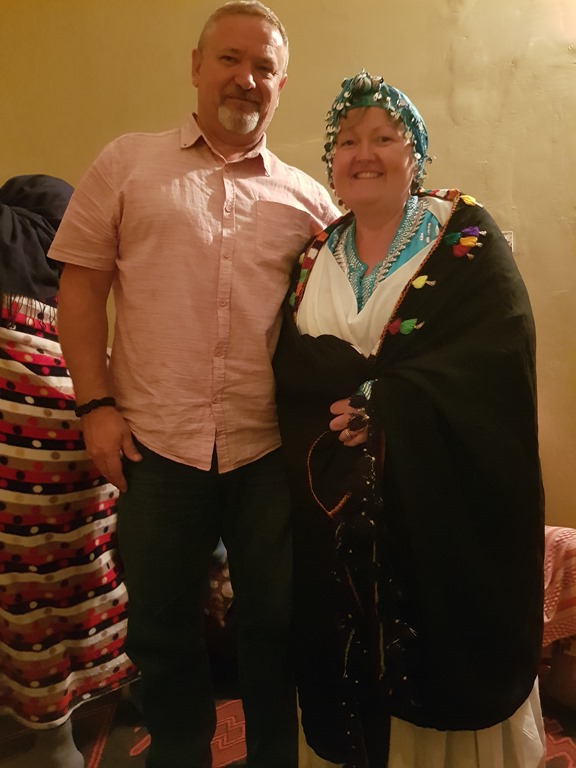
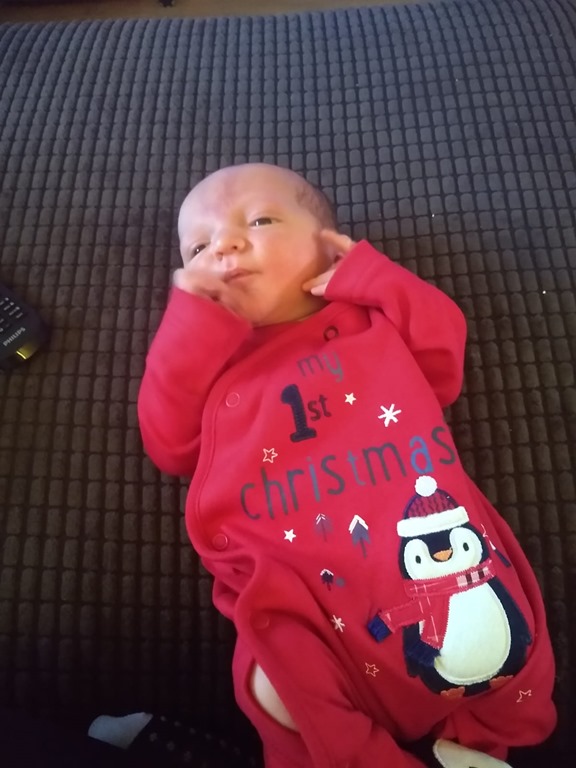

No Comments